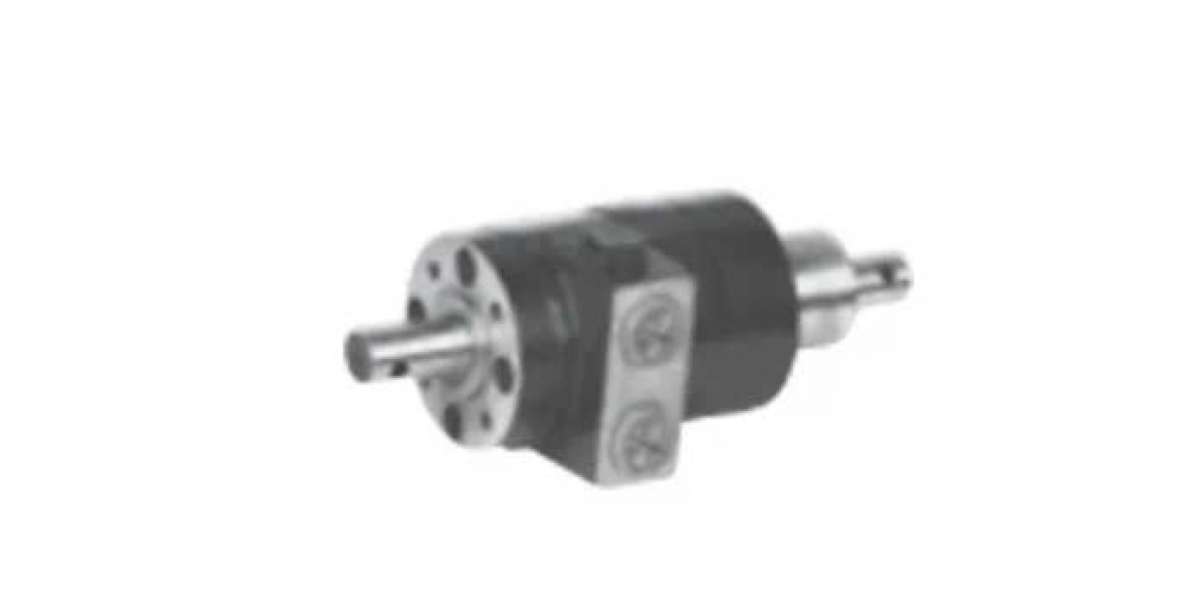As technology continues to advance, the automotive industry is witnessing a significant shift towards autonomous vehicles. These vehicles rely on a complex network of sensors, algorithms, and actuators to navigate and make decisions on the road. One crucial component that plays a vital role in the smooth operation of autonomous vehicles is the hydraulic torque amplifier. In this article, we will delve into the functions and benefits of hydraulic torque amplifiers in autonomous vehicles.
I. Understanding Autonomous Vehicle Steering Systems
Autonomous vehicles require precise and reliable steering systems to ensure safe and accurate navigation. Traditional steering systems, such as mechanical or electric power steering, may not provide the necessary level of control and responsiveness needed for autonomous driving. This is where hydraulic torque amplifiers come into play.

II. The Basics of Hydraulic Torque Amplifiers
Hydraulic torque amplifiers are hydraulic devices that amplify the torque output from the steering input. They work by utilizing hydraulic pressure to multiply the input torque, providing enhanced steering control and responsiveness. These amplifiers consist of various components, including a hydraulic pump, control valves, and a hydraulic cylinder.
III. Enhanced Steering Control and Stability
One of the primary advantages of hydraulic torque amplifiers in autonomous vehicles is their ability to provide enhanced steering control and stability. The hydraulic system allows for precise and immediate response to steering inputs, ensuring accurate maneuvering and quick adjustments to changing road conditions.
IV. Improved Safety and Collision Avoidance
Safety is a paramount concern in autonomous driving. Hydraulic torque amplifiers play a crucial role in improving safety by enabling rapid and precise steering adjustments. In emergency situations, such as sudden obstacles or potential collisions, the hydraulic torque amplifier can provide the necessary torque to steer the vehicle away from danger, helping to prevent accidents.

V. Adaptability to Various Road Conditions
Autonomous vehicles operate in diverse environments and encounter various road conditions. Hydraulic torque amplifiers offer excellent adaptability to these conditions. Whether it's navigating through slippery surfaces, uneven terrains, or tight corners, the hydraulic system can adjust the steering response accordingly, ensuring optimal vehicle control.
VI. Energy Efficiency and Sustainability
While autonomous vehicles aim to reduce carbon emissions and promote sustainability, it is essential to consider the energy efficiency of the components used. Hydraulic torque amplifiers are known for their high energy efficiency, as they only consume power when steering inputs are applied. This efficiency contributes to the overall sustainability of autonomous vehicles.

Conclusion
Hydraulic torque amplifiers play a vital role in the advancement of autonomous vehicles. Their ability to provide enhanced steering control, improved safety, adaptability to various road conditions, and energy efficiency make them an indispensable component in autonomous driving systems. As technology continues to evolve, we can expect further advancements in hydraulic torque amplifiers, contributing to the realization of safe and efficient autonomous vehicles on our roads.







